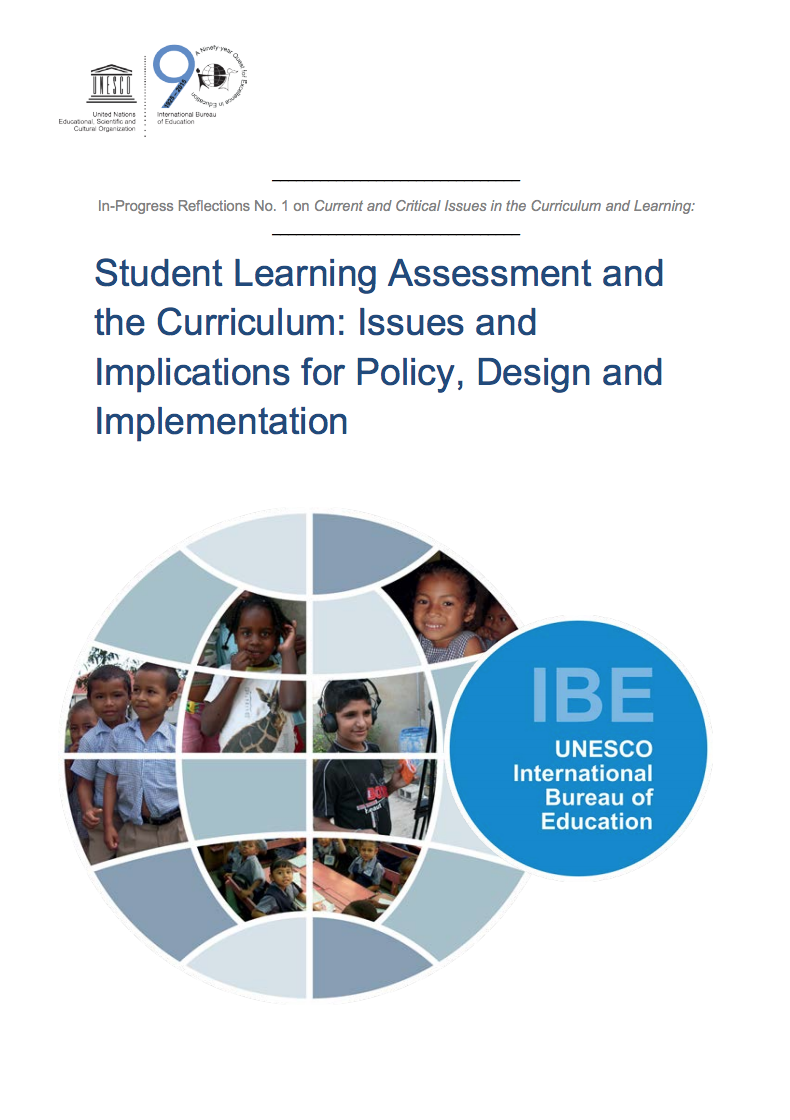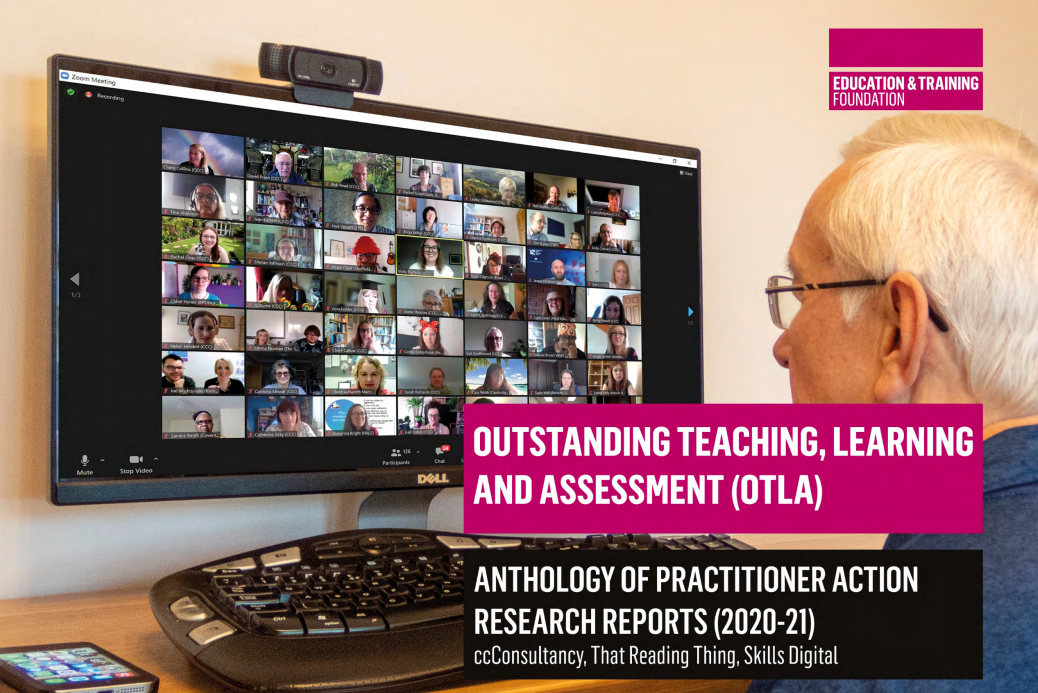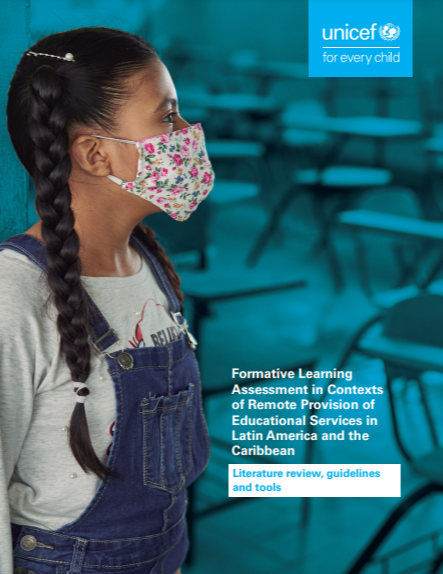
Introductory
Student Learning Assessment and the Curriculum: Issues and Implications for Policy, Design and Implementation
2011
Student Learning Assessment and the Curriculum: Issues and Implications for Policy, Design and Implementation
2011
Student Learning Assessment and the Curriculum: Issues and Implications for Policy, Design and Implementation
MORE DOCUMENTS
-
ResourcesContent Type: DocumentsCreated: 2021
-
ResourcesContent Type: DocumentsCreated:
-
ResourcesContent Type: DocumentsCreated: 2021




